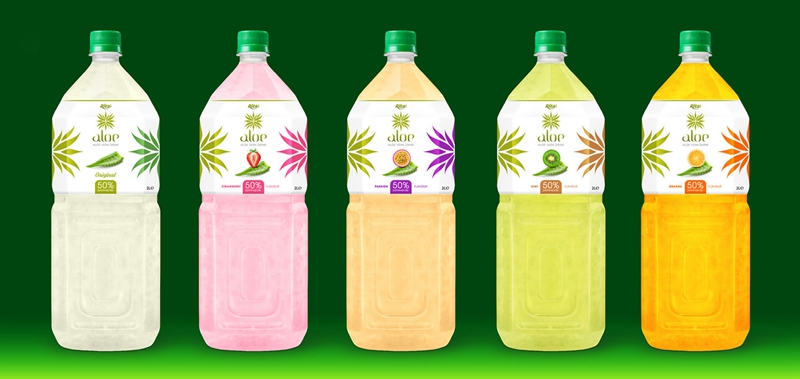Water is one of the important raw materials in beverage production, accounting for 80%-90% of the total volume of beverages (except for solid beverages).
The quality of the water directly affects the quality of the beverage, so a comprehensive understanding of the various properties of the water, and know professional water treatment methods for beverage industry is very important.
The water sources commonly used in the beverage industry are surface water, ground water and tap water. Surface water refers to the natural water stored on the surface of the earth. Surface water generally comes from rivers, lakes, reservoirs, ponds and shallow wells. Surface water is abundant in the earth, but the mineral content is low and the water quality is unstable, Pollution and more impurities. Surface water hardness is 1.0 ~ 8.0mmol / L. Groundwater refers to the natural water that penetrates into the stratum through the formation and is filtered into the stratum and is stored in the stratum. It is generally derived from deep well water, spring water and artesian wells. It is characterized by clear water quality, stable water quality, high mineral content and hardness of 2~10mmol. /L, some up to 10~25mmol/L. Tap water refers to the surface water through a proper water treatment process, the water quality meets certain requirements and is stored for drinking water. It is characterized by good and stable water quality, which meets the standard of drinking water, but the price of water is high, increasing the cost of beverage production.
The three commonly used water sources are generally harder in the absence of purification. The high hardness is due to the presence of a large amount of soluble salts in the water such as calcium, magnesium, sodium, iron salts etc. The soluble salts determine the saltiness, hardness and taste of the water. It cannot precipitate by itself when standing and must be treated with water Process. If high quality, safe and stable beverage water is required, the hardness requirement is less than 3 mm/L. Regardless of whether the raw water of surface water, ground water or tap water, the hardness and saltiness cannot completely meet the standard of beverage water. The excessive hardness of water affects the quality of the beverage as follows:
1.Ca2 reacts with organic acids to produce precipitates, which affect the sensory quality of products.
2. When the non-carbonate hardness is too high, the beverage will be salty.
The effect of excessive saltiness on the quality of the beverage is as follows:
1. React with organic acids in beverages to change the carbonate ratio and flavor of the beverage
2. Will reduce the acidity of the beverage, making the microorganisms easy to survive
3. React with certain ingredients in the juice to produce a precipitate
4. Reacts with metal ions to form scale and bad smell of water
5. Affect the dissolution of carbon dioxide

Beverages often experience turbidity and discoloration of water because natural water contains a large amount of suspended matter, colloidal substances and dissolved substances. Suspended matter includes bacteria, algae, protists and sediment. Bacteria in the water can cause illness in the body. Algae, protozoa and sediment are the main causes of water discoloration and turbidity. Suspended matter can be precipitated in beverage bottles to produce fluffy particles, which seriously affect product deterioration. The water contains a large amount of dissolved substances such as gases and salts. The dissolved gases include O2, CO2, H2S, etc. These dissolved gases affect the amount of CO2 dissolved in the carbonated beverage and produce odor, which affects the flavor and color of the beverage.
For drinking water the water not only meets the standards for drinking water, but also exceeds this standard to meet the standard for drinking water. According to the water quality of raw water and the requirements of beverage water, water treatment methods for beverage industry have four steps: sand filter, carbon filter, RO membrane and UV.
Sand filter: The raw water contains a large amount of suspended matter, colloidal substances and other large particles. In fact, the sand filter can filter such substances effectively.
Carbon filter: The water contains dissolved gases and colors. The purpose of the carbon filter is to remove gases and colors.
RO membrane: RO membrane is one of the most important accessory of the whole set of equipment, which directly affecting the quality of water production. Since the pore size of the RO membrane is one millionth (0.0001 micron) of the hair filament. Generally it is invisible to the eye. The bacteria and virus are 5000 times that of the RO membrane. Therefore only water molecules can pass RO membrane, other impurities, heavy metals and dissolved cannot pass RO membrane. The salt is discharged from the waste pipe and the salt rejection rate can reach 99%.
UV: The last step is UV disinfection by UV. The water can be directly used in the beverage production line.
Ocpuritech helps clients from the beverage industry to improve water quality by offering professional water treatment methods.

